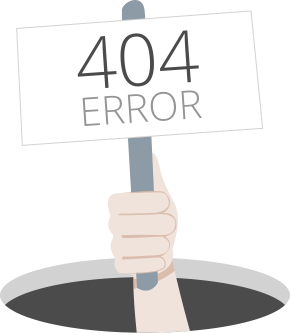- Markets
- News
- Analysis
- Trading Tools
- Blog
- Education
- About us
Popular Articles
Popular Articles
Popular Articles
Popular Articles
Popular Articles
Popular Articles
Popular Articles
Popular Analysis
Popular Analysis
Fed Rate Decision Looms as Apple, Microsoft, Meta and Tesla Q4 Earnings Draw Attention: Week Ahead
1769424764
Kevin Hassett is now backing out of the race to lead the Federal Reserve, and Trump doesn’t seem to mind.
1768819127
US Q4 Earnings Season Set to Begin: Can US December CPI Data Bolster Rate Cut Case? [Weekly Preview]
1768212946
Popular Analysis
Dollar Slumps to Four-Year Low, Trump Still Says ‘Dollar Is Doing Great’?
1769594973
EUR/USD weakens below 1.2000 amid rebound in US Dollar, all eyes on Fed rate decision
1769580027
Yen Exchange Rate’s Shock Jump. Dropping 200 Pips Near 160 Level, BOJ’s Inaction Hides a Mystery, Buy the Dip or Seek Safety?
1769163609
Popular Analysis
Popular Analysis
Bank Stocks Lead US Equities in 2026; Wall Street Warns Guidance Matters More Than Earnings.
1768299355
My Top 5 Stock Market Predictions for 2026
1767669251
TradingKey 2025 Markets Recap & Outlook | Wall Street Bullish on 2026: S&P 500 Forecast at 8,000 with AI Gains and Cyclical Stocks Soaring
1766571246
Top Blog Posts
Top Blog Posts
Top Blog Posts
Top Blog Posts
Top Blog Posts
Top Blog Posts
Top Blog Posts
Beginners
Long position VS. short position: Which one is better?
In the world of trading, understanding the concepts of long and short positions is crucial for making informed decisions. A long position involves buying an asset with the expectation that its value will rise, while a short position entails selling an asset you don't own, betting that its price will fall.
How to Choose an Online Trading Platform
Selecting a trading platform is one of the most critical decisions for any trader. But how do you ensure you're choosing one that's regulated, cost-effective, and easy to use? Understanding the key criteria can set you up for success.
What is Leverage in Financial Trading?
Leverage is a fundamental concept in financial trading,allowing traders to control larger positions with a smaller amount of capital. While it can amplify potential profits, leverage also significantly increases the risk of losses, making it a powerful but double-edged sword.
Mitrade Insights is dedicated to providing investors with rich, timely and most valuable financial information to help investors grasp the market situation and find timely trading opportunities.
2021
Best News & Analysis Provider
FxDailyInfo
2022
Best Forex Educational Resources Global
International Business Magazine




